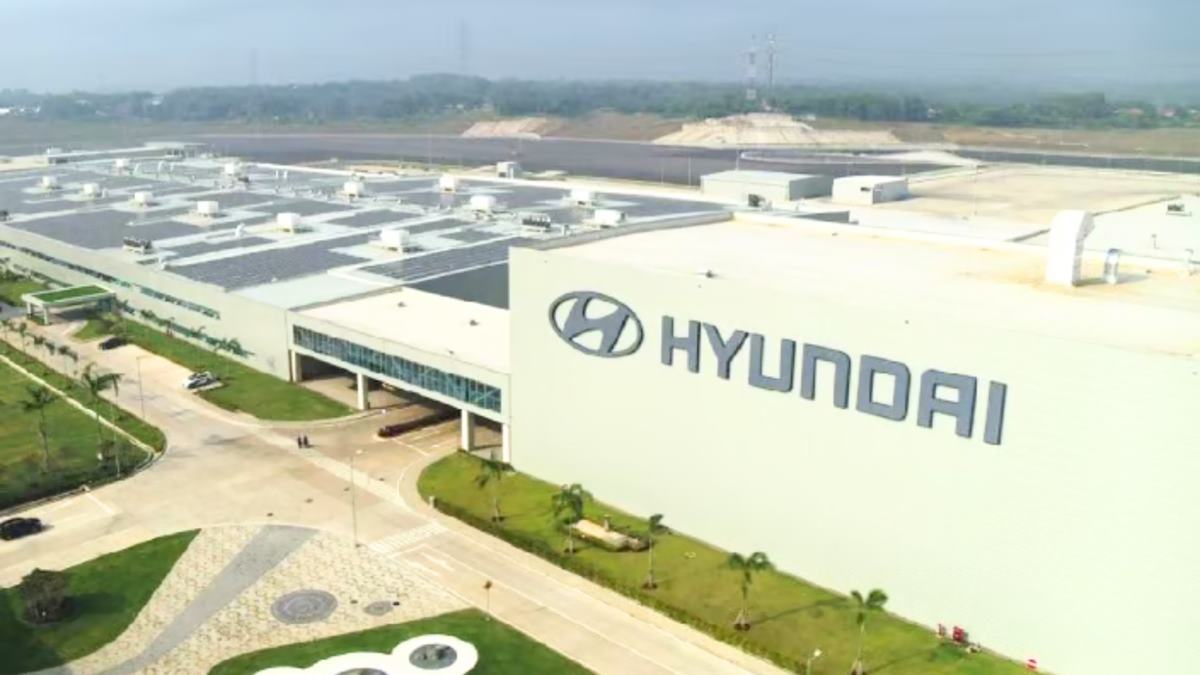Employee wellbeing shifted positively in 2025 after years of decline post-pandemic, according to a new report, with more than half of employees having no plans to leave their workplace soon.
Findings from Alight’s Employee Mindset Study revealed that overall wellbeing increased to 47% in 2025, up from the previous 44% a year ago.
This uptick marks a positive shift following a period of decline in the aftermath of the pandemic, when wellbeing scores fell from 53% in 2022 to 51% in 2023, and then dropped sharply to 44% last year.
The increase in wellbeing comes as 58% of employees said they have no plans to leave their employers next year.
Experts previously attributed high levels of staying plans to job hugging, where employees stick to their current workplace due to employment uncertainty.
“However, employees aren’t just sticking around out of fear; enthusiasm for their overall experience is on the rise,” the Alight report said.
According to the report, more than six in 10 employees:
- Have positive energy and excitement at their employer (63%)
- Feel that they belong at their current workplace (66%)
- Say their organisation inspires them to do their best work every day (64%)
Wellbeing risks for employers
But these positive feelings don’t translate into the day-to-day, according to the report.
“We continue to see a disconnect between how people feel about their employer and how they feel about their workday,” it said.
More than a third of employees (39%) said they dread starting their workday, up from the 23% recorded in 2020. More employees are also saying that:
- They are not giving more than the required minimum at work (35%)
- Their employer has lost their trust in their wellbeing efforts (34%)
- They no longer desire to produce top-quality work for their employer (32%)
Among the factors risking employee wellbeing at work are office-return mandates, rising burnout, and AI uncertainty, according to Laine Thomas Conway, vice president of delivery enablement and engagement at Alight.
The report found that 33% of remote employees would look for another job when asked to return onsite, while 19% said they would be less engaged at work.
A third of employees also agreed that AI is going to take away their job, with less than a quarter of employees saying AI makes them feel suspicious (21%), nervous (15%), scared (13%), and doubtful (12%).
“While it’s encouraging to see employees reporting stronger wellbeing, employers can’t afford to lose momentum,” Conway said in a statement.
“Employees are seeking further guidance from their employers on how to make sense of the resources available to them to improve and maintain their wellbeing.”
Rob Austin, vice president of value engineering at Alight, said helping employees navigate rapid disruptions will nurture engagement and boost retention in the workplace.
“Embracing flexibility is equally vital as it creates a win-win situation for employers and employees. When employees feel supported, they can put their best foot forward, drive business success and stay committed to their organisation,” Austin said.
Source – https://www.hcamag.com/nz/news/general/employee-wellbeing-rises-despite-workforce-disruptions/550257




















